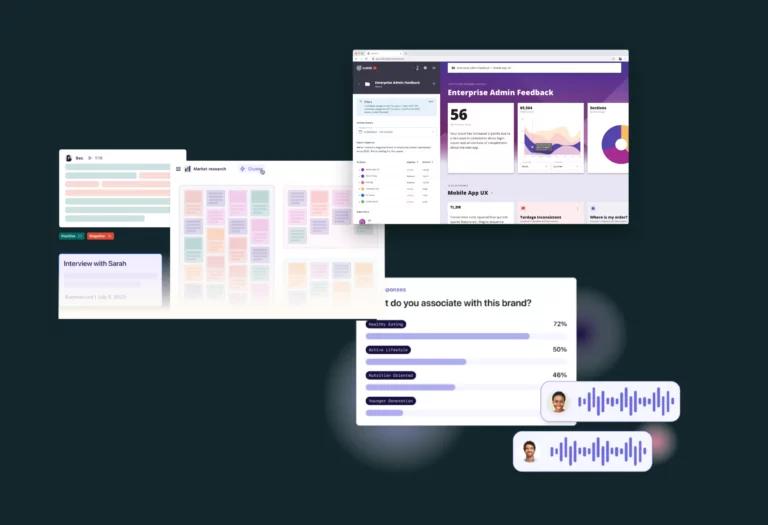In the realm of healthcare, the advancements in technology have revolutionized patient care and medical research. Among these technological breakthroughs, Generative Artificial Intelligence (AI) has emerged as a powerful tool with the potential to transform various aspects of healthcare. In our latest blogpost, we explored how Generative AI is already revolutionizing HCP workflows, leading to enhanced patient care and improved outcomes. However, as with any innovative technology, it comes with its fair share of risks and challenges. In this blog post, we will explore some of the risks associated with Generative AI in healthcare and discuss possible mitigation strategies to ensure its responsible and ethical implementation.
1. Protecting patient privacy
Risk: One significant risk associated with Generative AI in healthcare is the potential compromise of patient privacy and confidentiality. As AI systems are trained on vast amounts of patient data, there is a concern that unauthorized access or breaches could lead to the exposure of sensitive information.
Mitigation Strategy: To mitigate this risk, it is crucial to implement robust data security measures. Anonymizing patient data and adopting strict access controls can help safeguard patient privacy. Additionally, ensuring compliance with relevant data protection regulations, such as the Health Insurance Portability and Accountability Act (HIPAA), is essential to maintain patient trust and confidentiality.

2. Ensuring algorithmic bias mitigation
Risk: Another risk in the realm of Generative AI is the potential for algorithmic bias. AI models are trained on existing data, which may contain biases and disparities that could be inadvertently perpetuated by the AI system. This can lead to unequal treatment and biased outcomes in healthcare decision-making.
Mitigation Strategy: To address this risk, it is crucial to employ rigorous data preprocessing techniques to identify and remove bias from training data. Regular auditing and testing of AI models should be conducted to ensure fairness and transparency. Additionally, involving diverse stakeholders and subject matter experts in the development and validation process can help identify and mitigate biases effectively.
3. Maintaining ethical use of AI-generated content
Risk: Generative AI systems can create realistic and convincing content, such as medical images, reports, or even diagnostic recommendations. However, the authenticity and reliability of such AI-generated content can raise ethical concerns.
Mitigation Strategy: To mitigate the risk of unethical use, clear guidelines and standards should be established for the use of AI-generated content in healthcare. Healthcare professionals should be trained to critically evaluate and validate AI-generated outputs before making decisions based on them. It is essential to maintain human oversight and accountability in the use of Generative AI to ensure that it complements and enhances clinical expertise rather than replacing it.
Generative AI to transform the landscape of healthcare
Generative AI holds immense potential to revolutionize healthcare by assisting in medical research, diagnosis, and treatment. However, we must approach its implementation with caution and address the associated risks. By prioritizing patient privacy, ensuring algorithmic fairness, and maintaining ethical use of AI-generated content, we can overcome these challenges and unlock the full potential of Generative AI in healthcare. As technology continues to advance, it is crucial to strike a balance between innovation and responsibility, ensuring that AI is a force for good in improving patient outcomes and advancing medical science.
Our online repository of AI tools and resources provides a selection of innovative solutions that healthcare providers can use to personalize care and expand capabilities. Let us embark on a journey where technology meets healthcare, inspiring a brighter future for all.
Discover how Generative AI (GenAI) can help you personalize care and save time by expanding your capabilities. We’ve worked together with Novartis to curate relevant tools you can apply to your clinical practice today.


